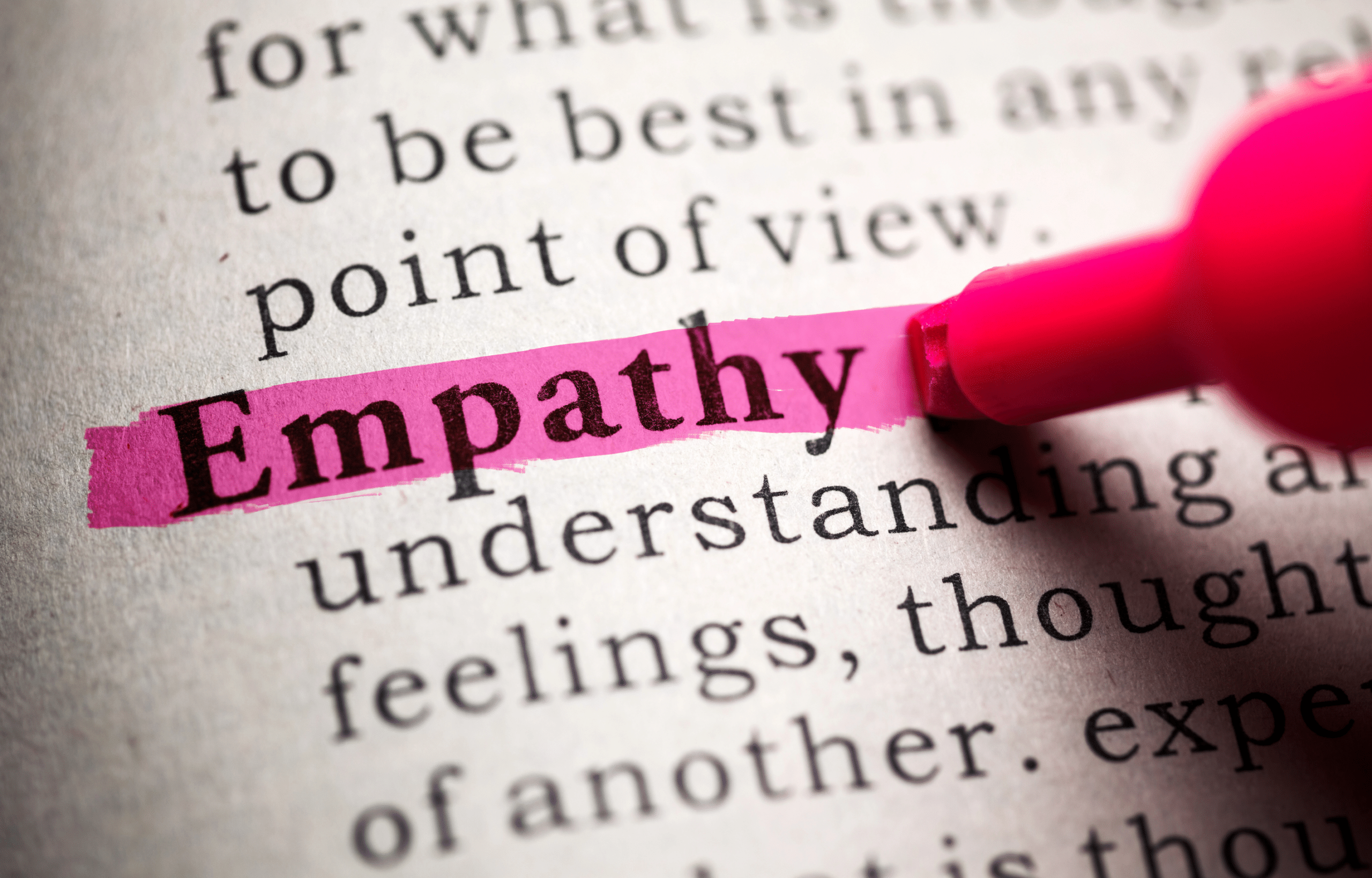The word “empathy” gets tossed around so much these days. People proudly label themselves as empaths, almost like it’s a VIP club for the extra-sensitive. But let’s really dig into what empathy means.
At its core, empathy is about stepping into someone else’s shoes and feeling their world as if it were your own. It’s finding echoes of another person’s experience within yourself—whether it’s getting choked up during a movie because you can feel the character’s pain deep in your gut, or sharing in someone’s joy as if it were your own.
It’s not some rare gift reserved for a chosen few; it’s a fundamental part of our human connection.
But here’s the twist: identifying too strongly as an empath can have its pitfalls. When empathy becomes central to your identity, there’s a risk of neglecting your own lived experience and missing out on tuning into your own feelings. Setting personal boundaries can be challenging when you’re absorbed in others’ emotions and needs.
It’s like being so tuned in to everyone else’s radio station that you can no longer hear your own frequency.
Over-identifying as an empath can be a form of hiding from your own story and emotions. It can mean prioritizing others’ feelings over your own experiences. Or playing the martyr instead of responsibly setting boundaries.
I think it’s time to rethink empathy a bit.
First off, empathy isn’t something accessible just for a special few—it’s something we all do, every day. It’s listening to a friend’s problem and really feeling it with them. It’s celebrating someone’s joy as if it were your own. We’re wired for this stuff.
Secondly, there’s this whole idea of self-empathy that doesn’t get enough airtime. The word empathy is externally anchored. The definition is “understanding and sharing the feelings of another”. But like everything in life, balance is crucial, and empathy is no exception. Without internal empathy there’s a danger of losing yourself in others’ narratives, and of avoiding confronting your own complexities and discomforts.
It’s about giving ourselves the same compassion we’d give a friend going through a tough time.
It’s about sitting with our own emotions, instead of brushing them aside.
Think about it: when was the last time you really listened to your own inner voice? When you let yourself sit with the messy stuff—the regrets, the fears, the old wounds?
It’s not easy, but it’s so important.
It’s through the process of sitting with our own experiences and feelings that we become more whole. We learn to navigate life’s ups and downs with more grace and understanding.
And here’s the beautiful part: Engaging in this self-empathy journey anchors us in our own essence. It provides a groundedness that allows us to support others without losing ourselves in the process.
When we have a solid foundation of self-understanding and self-compassion, we can more effectively hold space for others’ experiences while remaining rooted in our own authenticity.
Ultimately, evolving our understanding of empathy to include self-empathy isn’t just about personal growth—it’s about fostering deeper connections, resilience, and a more compassionate society. It’s about embracing our vulnerabilities, acknowledging our past hurts, and nurturing a profound sense of empathy that starts from within and radiates outwards.
P.S. Looking to shore up your own foundation of self-understanding and self-compassion? I offer 1-on-1 coaching sessions designed around busy professionals. Book your slot here.




